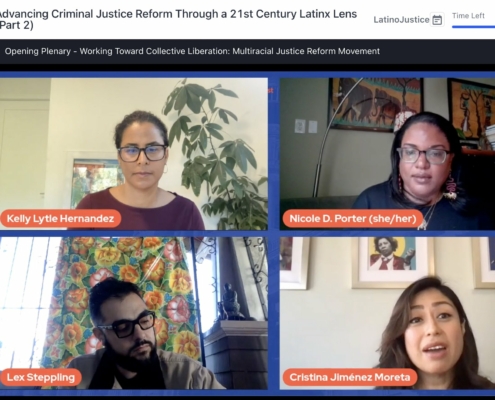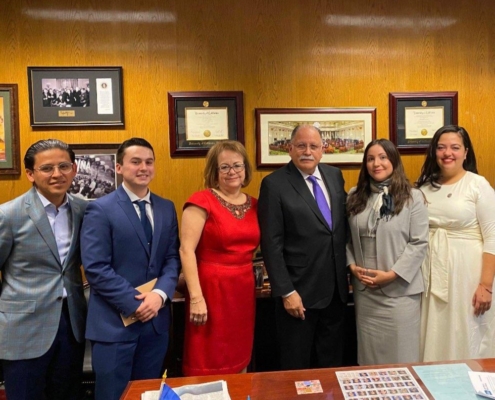Posts

UCLA LPPI Stakeholders Reflect on Transition from ‘Initiative’ to Institute
"Latino Policy and Politics Institute Founding Executive…

UCLA LPPI Convenes Latinx Leaders on Advancing Criminal Justice Reform
February 22, 2022 By Alise Brillault From January 20-21,…

UCLA LPPI Helps Pass Ethnic Studies, Medical Fellowships Bills in California
By: Alise Brillault December 16, 2021 UCLA Latino Policy…

